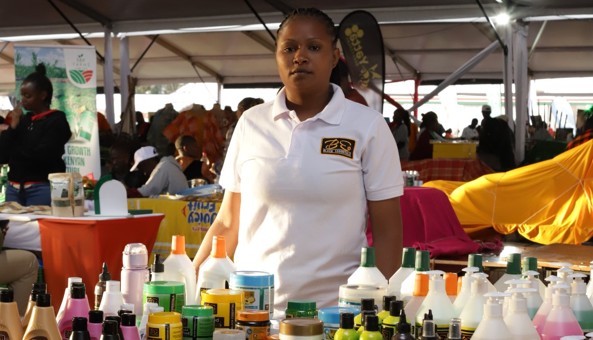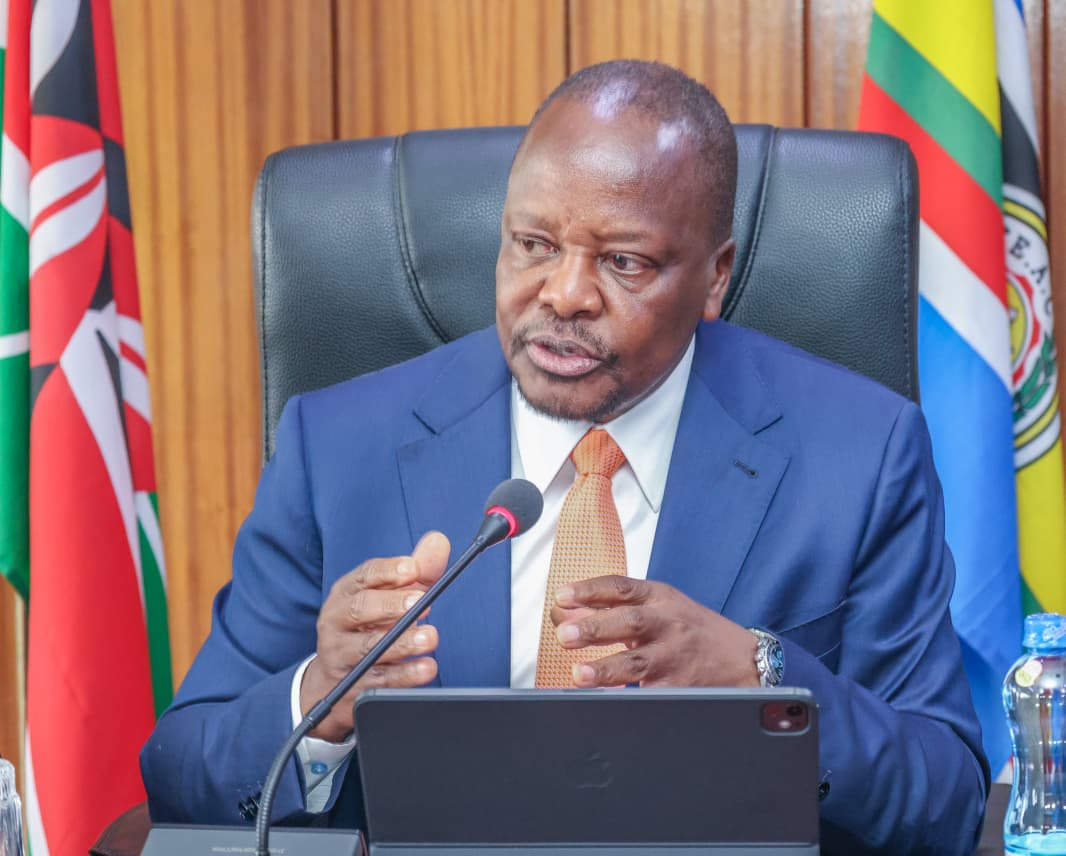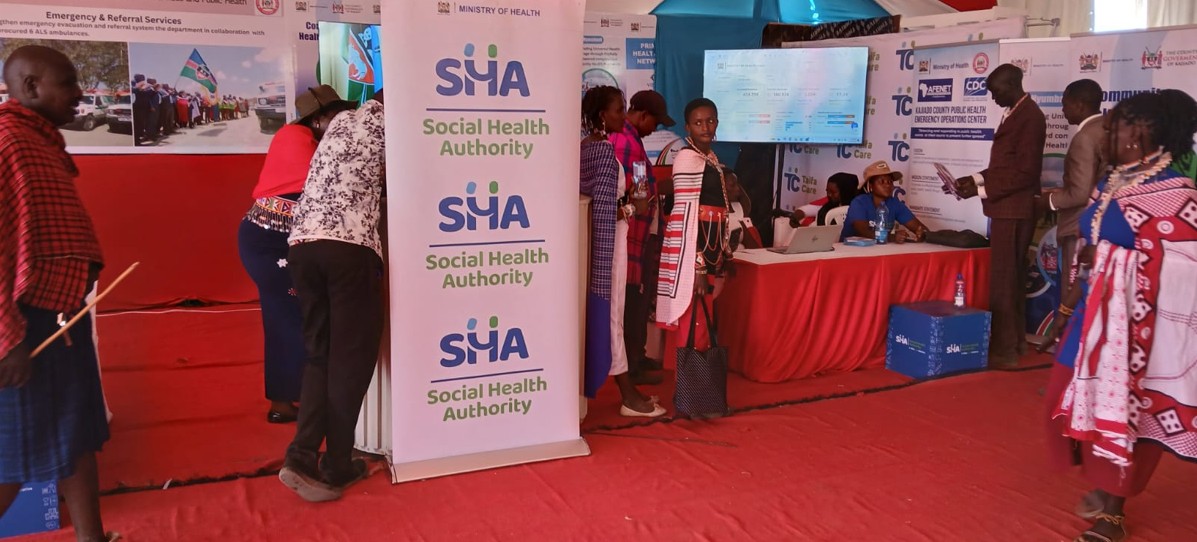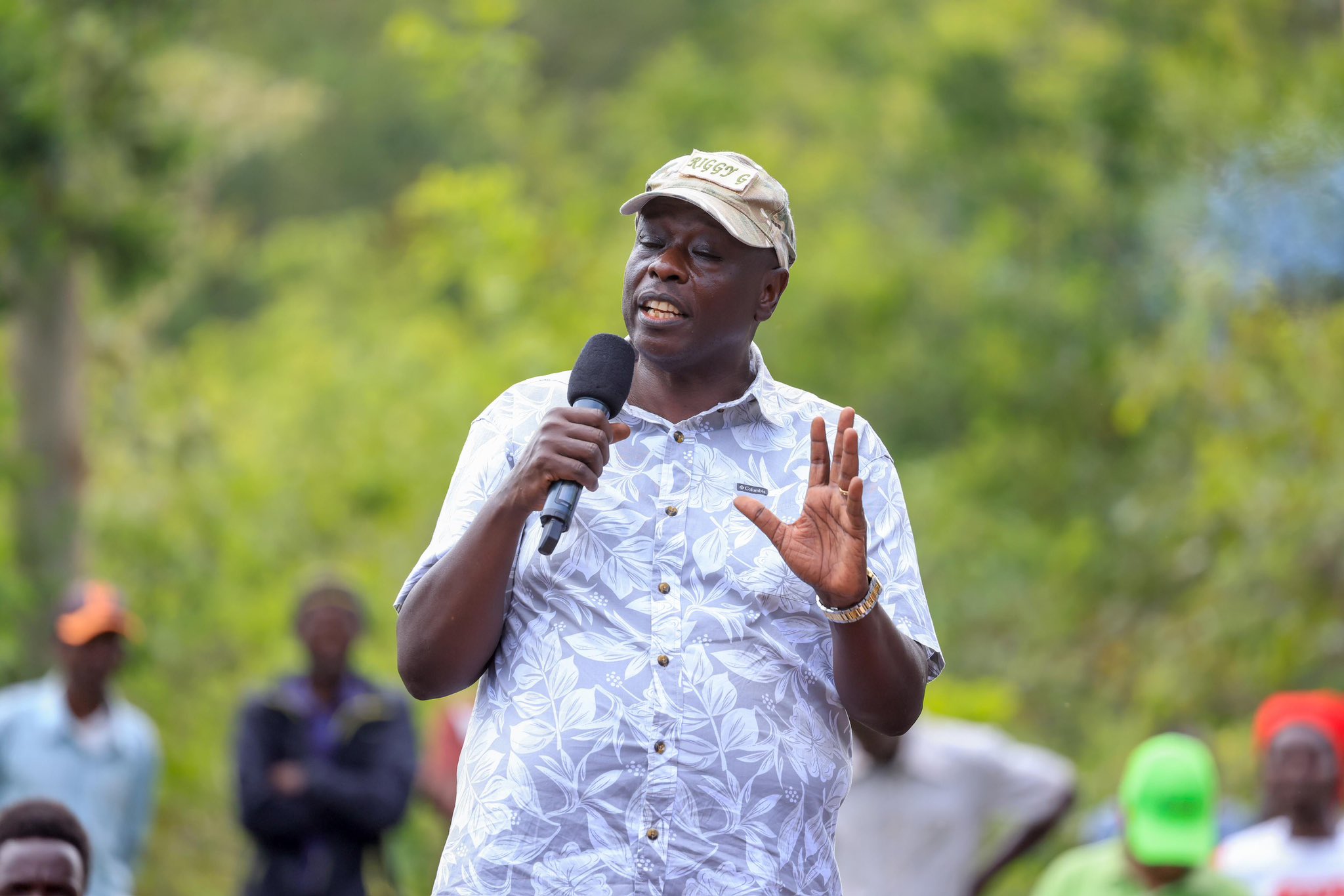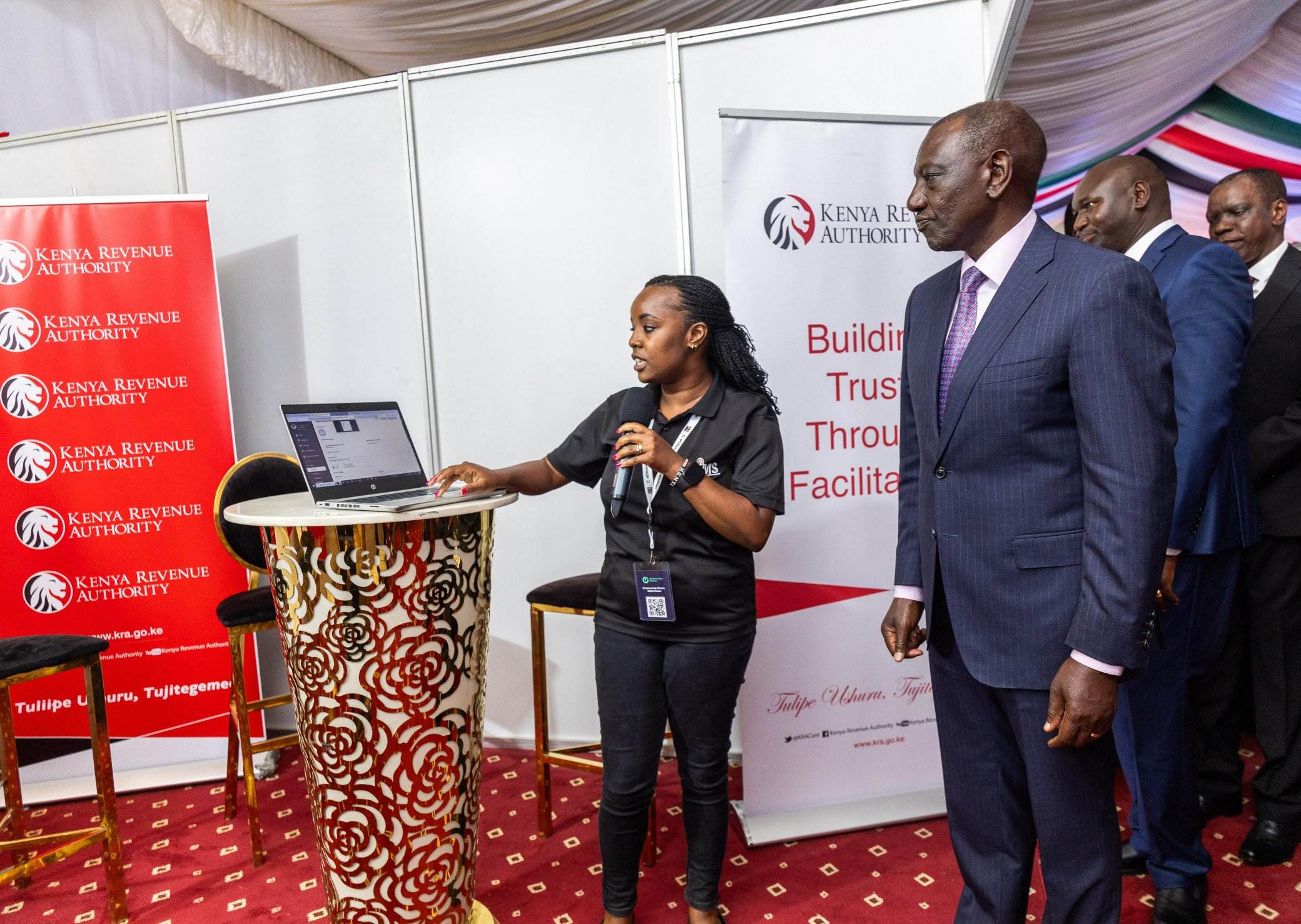Kenya spends Sh7 of every Sh10 collected on debt repayment - report

Unlike external loans that face strict lender scrutiny, domestic borrowing remains largely unchecked, making it more prone to misuse.
Kenya’s growing debt has pushed the country to a critical point, with most of its revenue now being used to settle loans, leaving minimal funds for essential government functions.
A new Okoa Uchumi report exposes the depth of the problem, showing that Sh7 out of every Sh10 collected goes to debt servicing, and warning that the country is trapped in a dangerous financial cycle.
More To Read
- WHO calls for urgent action to achieve universal health coverage by 2030
- African countries take lead in push toward universal health coverage for 1.5 billion people by 2030
- Developing countries’ debt servicing cost hit 50 year high on high interest
- Ruto backs IMF partnership as key to Kenya’s debt, economic reforms
- African land policy reforms benefit women and communities, but 18-country review reveals key gaps
- Why mastering Generative AI is the fastest way to boost your career and salary
The report indicates that Kenya’s total public debt has reached Sh11.81 trillion. Of this, Sh6.3 trillion is domestic debt, while external loans stand at Sh5.48 trillion.
Domestic borrowing has now outpaced foreign debt, raising serious accountability and oversight concerns.
Unlike external loans that face strict lender scrutiny, domestic borrowing remains largely unchecked, making it more prone to misuse.
“Kenya is already in a debt crisis. Domestic debt has overtaken foreign debt and is more prone to misuse. With external debt, we can track the funds, but for domestic debt, we cannot,” said Alexander Riithi, head of programmes at The Institute for Social Accountability (TISA).
The report highlights how the debt burden is hurting ordinary citizens. It points to high unemployment rates, pressure on the education system, and a failing health sector where corruption has taken root.
“About 30 per cent of our population is unemployed. We have an education system that hasn’t been tested. Kenyans are telling us the health sector has become a killing field, where you don’t know if you will survive tomorrow,” Riithi stated.
The authors and civil society groups are pushing for decisive action to stop the crisis from escalating. Their recommendations include stopping new loans from the World Bank and IMF, reforming
NG-CDF, doing away with supplementary budgets, and ensuring all loans and lenders are made public.
“We need to get off the yoke of the World Bank and IMF. These institutions were created to rebuild Europe after the World Wars. How does that plan help Africa’s development? We must speak about it,” said Saboti MP Caleb Amisi.
“We urge the government to completely do away with supplementary budgets. Each one increases the fiscal gap with expenditures we did not approve. NG-CDF must also be reformed,” added Diana Gichengo, Executive Director of TISA.
The report concludes with a warning that, unless these measures are taken urgently, Kenya could be stuck in a permanent debt trap, with debt repayments consuming the bulk of national income and crowding out funding for vital services
Top Stories Today
